It’s autumn.
The autumn wind is bleak and the temperature drops, and the autumn rain is cool. When enjoying autumn scenery and celebrating the harvest, don’t forget to prevent low temperature.
Remind the middle-aged and elderly people, especially friends with cardiovascular diseases, to be alert to the possible cardiovascular damage caused by low temperature.
Cardiovascular Health Should Be Protected in Cold Days
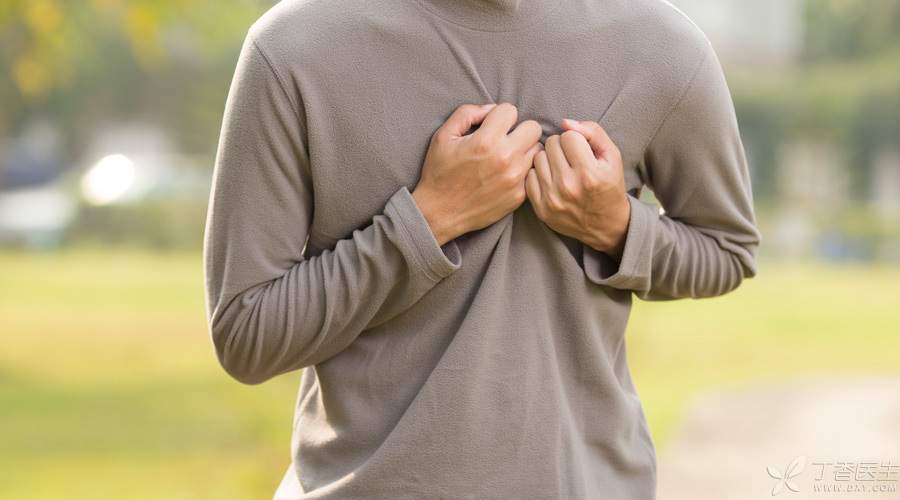
A 2010 British Medical Journal study found that cold increases the risk of cardiovascular events in both cardiovascular patients and healthy people.
The incidence of myocardial infarction increased by 2% for every 1 ℃ lower temperature in winter.
Statistical investigation also found that the incidence of angina pectoris in winter is 30% higher than that in other seasons.
This is these reasons, we should take extra care of cardiovascular health in cold days.
Why is it cold [hurting blood vessels]?
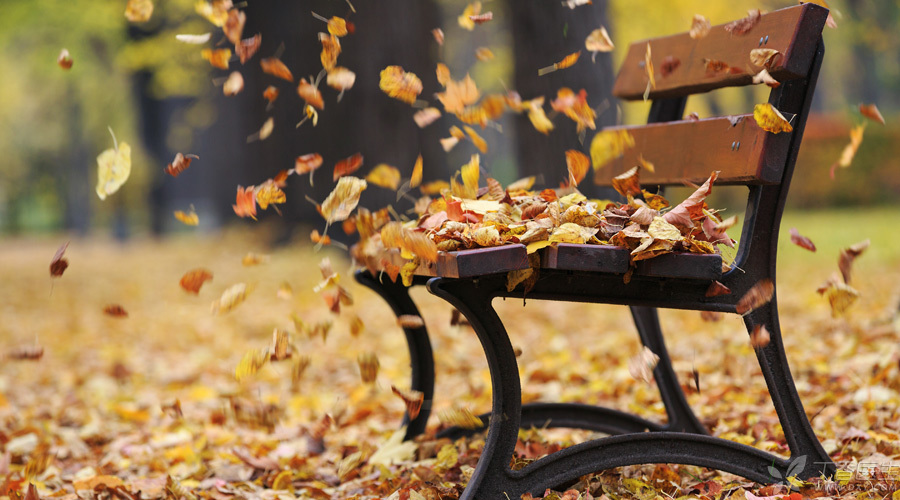
Cold will cause blood vessels close to the body surface and limbs to contract, and more blood will return to the heart. The heart’s workload increases, blood pressure rises, and the risk of myocardial infarction and stroke increases.
If the cardiovascular system had sclerosis and other conditions, it would be even worse.
Changes in indoor and outdoor temperatures are also easy to cause blood pressure fluctuations. Fluctuations in blood pressure back and forth will accelerate the formation and development of arteriosclerosis, which is more obvious in the elderly.
In addition, hormone levels in the body will also change when it is cold. Adrenocortical hormone levels are lower, platelets are more likely to gather, and blood vessels contract when it is cold. The combination leads to easier [blockage] of blood vessels, which is easy to cause cardiovascular and cerebrovascular problems.
When the cold season comes, pay attention to these five points to ensure health.
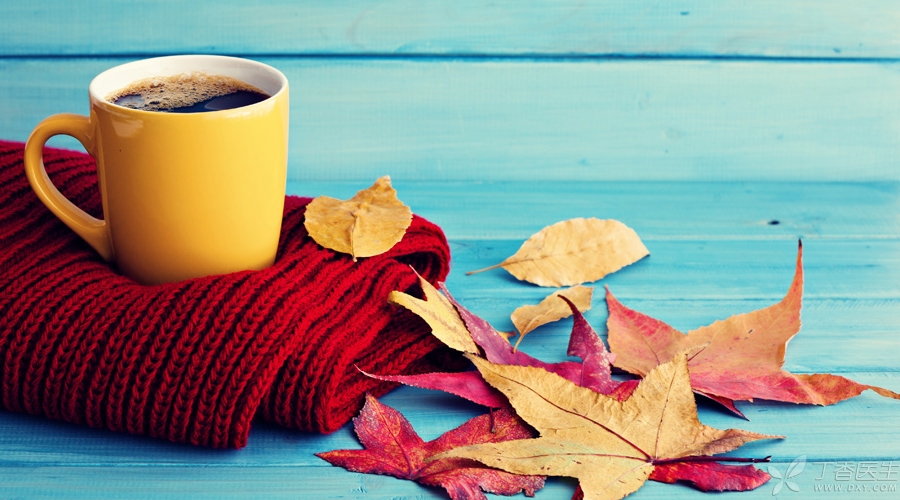
As late autumn approaches and the temperature gradually decreases, the health headline gives you five suggestions to reduce your health risks in cold seasons.
STEP 1 Take medication according to the doctor’s advice
Don’t stop taking drugs, change dressings or increase or decrease the amount of drugs without authorization, which will increase the risk of disease progression.
It is suggested to measure blood pressure, blood lipid and blood sugar regularly to understand the control of the disease. If there is any change, tell the doctor in time to see if it is necessary to adjust the medication and treatment plan.
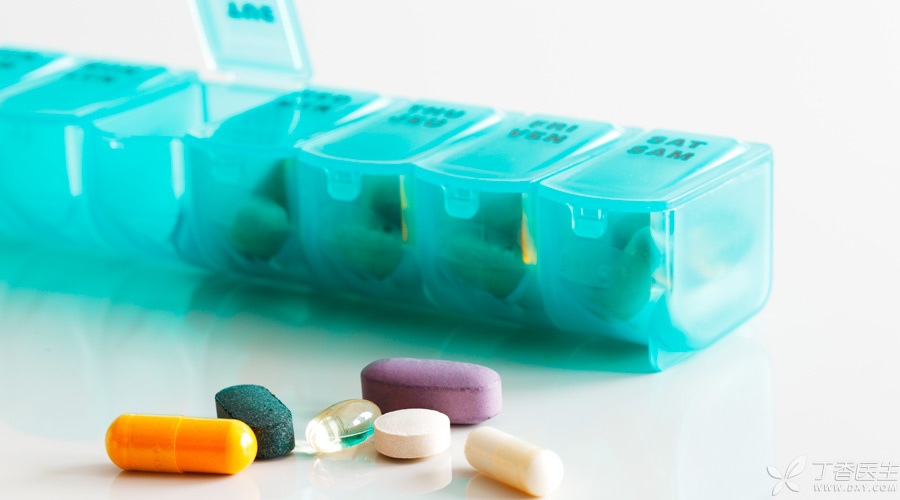
2. Diet Rules
On cold days, people like to eat big fish, big meat and hot pot, and because of the cold, they don’t want to exercise very much. This may lead to the accumulation of cholesterol and fat. Hyperlipidemia is also an important killer of cardiovascular diseases.
Shut up and keep your legs open. In winter, you need to stick to it.
STEP 3 Don’t exercise too hard
Winter outdoor activities should not be too intense, exercise properly and rest reasonably.
A large amount of activities in cold environment will suddenly increase the load of cardiovascular system, resulting in the risk of myocardial ischemia.
Activities such as long-distance running and snow shoveling are not suitable for patients with cardiovascular diseases.
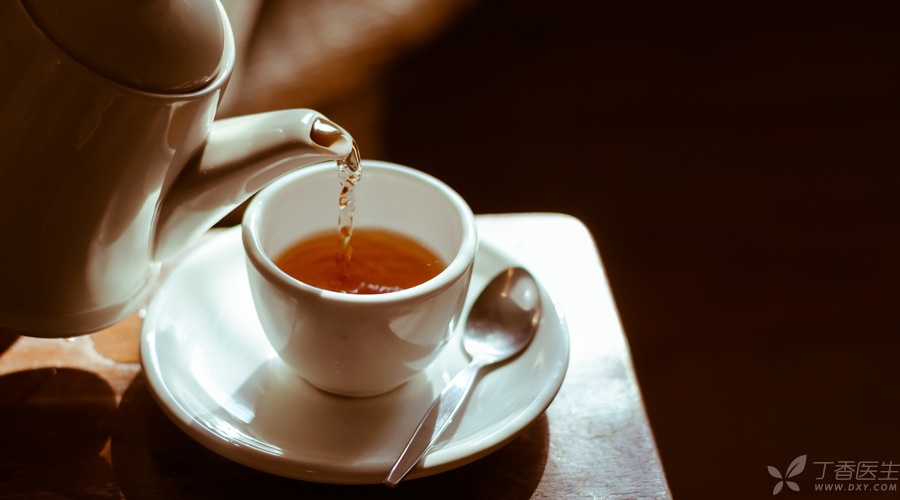
Step 4 Keep warm
In particular, it is necessary to keep warm reasonably after activities, especially on the head, ears, hands and feet, to prevent frostbite, chilblain and hypothermia.
Indoor and outdoor, in and out, pay attention to timely increase or decrease clothes, so that the somatosensory temperature basically remains constant, to avoid the body from being stimulated by temperature changes.
Step 5 Avoid excessive drinking
Don’t think drinking can warm you up, it’s all an illusion.
The warm energy after drinking is the reason why alcohol expands blood vessels and accelerates blood circulation, which releases heat from the body to the body surface faster and more through the skin. It also accelerates muscle metabolism and releases energy to the body too quickly. In this way, the body surface feels warm, but the heat in the body is consumed instead. After a while, it will be colder instead.
Moreover, drinking itself is harmful to cardiovascular diseases.
I watched the temperature drop day by day, prepared my clothes for autumn and winter, took out my bedding for autumn and winter, and looked at the articles published by the health headline in autumn and winter.
Enjoy the fallen leaves, watch the flying snow, and spend this autumn and winter healthily and happily.
Copyright of Clove Garden. No reprinting is allowed without permission.
